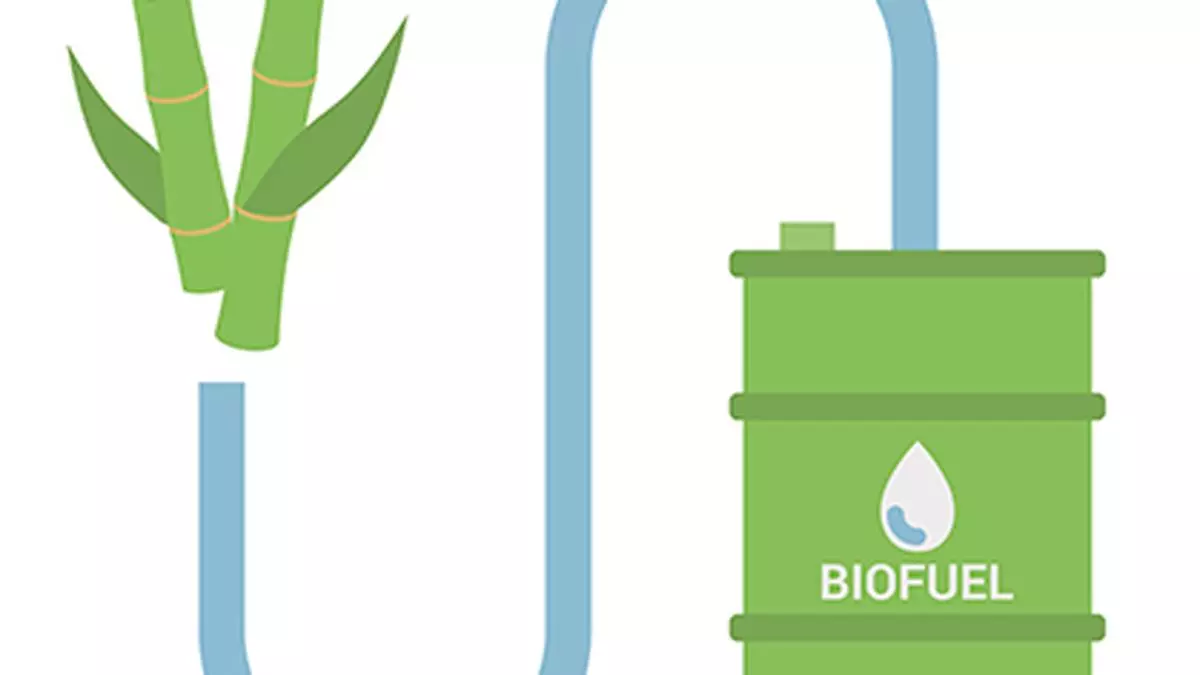Eyeing ethanol, sugar industry ramps up investments to improve cane yield
The Indian sugar industry is ramping up investments to improve sugarcane varieties in the country and believes that sugarcane yields can rise significantly based on available products and data collected by the Indian Sugar Mills Association (ISMA).
According to the ISMA, it is working closely with sugarcane research institutes to develop cane varieties that can produce higher yields, are drought-resistant, pest-resistant and can withstand any fluctuations in the monsoon.
“Some notable progress is being made in identifying certain types of crops in South India that can give good yield with less water as well. Besides, ISMA is evaluating specific products and methods that have been developed to improve sugarcane yield and reduce water consumption,” reads a document. ISMA vision.
Higher sugarcane yields will lead to higher sugar production which helps divert more sugar towards ethanol production. It will help the country to achieve 20 percent ethanol blending and beyond without any problem.
FFVs initiative
In June of this year, a team including representatives from ISMA, the government, the sugar industry, oil marketing companies (OMCs) and the Indian Automobile Manufacturers Association (SIAM) went to Brazil to understand the ethanol blending journey.
The document said the team learned how Brazil was able to change its ethanol program, “which has significantly improved their environment.”
About 90 percent of vehicles in Brazil are flex-fuel vehicles (FFVs) and the average blend is 56 percent. “Many of our cities, including the National Capital Region, are high-ranking cities on the pollution index. This is a major health risk and if the right measures are not taken, we will incur huge healthcare expenditures.
The document said it was time to explore FFVs and draw a clear roadmap. As part of its efforts, ISMA signed a Memorandum of Understanding in October with Toyota India to launch the country’s first-ever FFV.
The need for a national policy
The document said the center should support efforts to encourage FFVs that will give ethanol suppliers some insight into the future of ethanol-powered vehicles, along with benefiting OMCs and auto manufacturers.
The country should move towards producing vehicles that run entirely on ethanol (E100) and this will help reduce the import bill on petroleum products. In this regard, the document said, the sugar industry could become an important contributor.
He said the center should come up with a national policy to promote the E100, adding that the GST tax on FFV hybrid cars should be the same as that on electric vehicle manufacturers.
The document cited estimates by Niti Aayog who said the country should produce 1,016 crore liters of ethanol by 2025-26 to achieve 20 per cent ethanol blending.
The sugar industry has set a target to convert 100,000 tonnes of sugar to achieve an output of 1,000 crore liters of ethanol. This will require higher ethanol production capacity, more distilleries and favorable government policies to boost sugarcane and sugar production in the country, the document said.
